
OR
Foreign ministry delays implementation of Cabinet decision to withdraw from SPP
Published On: July 21, 2022 02:20 PM NPT By: Republica | @RepublicaNepal
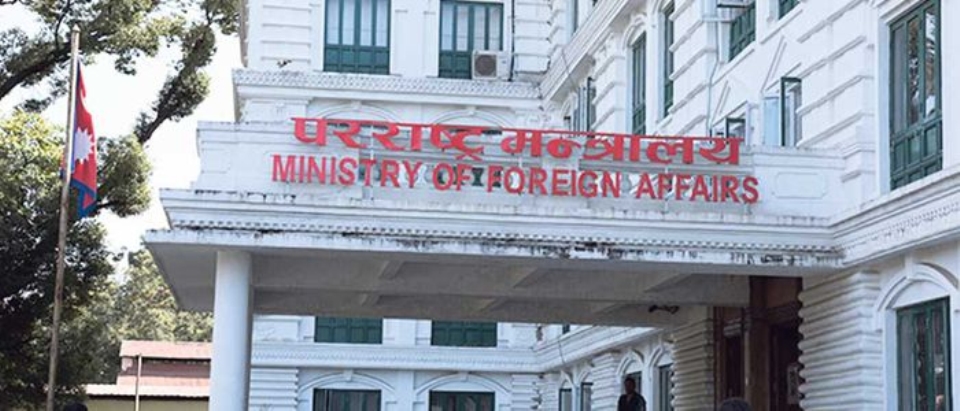
KATHMANDU, July 21: Although a Cabinet meeting held on June 20 had decided to withdraw from the US State Partnership Program (SPP), the Ministry of Foreign Affairs (MoFA) has been delaying the implementation of the Cabinet decision saying that it is studying the issue.
The MoFA has said that since assistance from the USA is still coming in through the SPP framework, the decision of whether to leave the framework should be well-thought-out. “Even now, assistance is coming to Nepal through the SPP framework. Studies are being carried out so that Nepal continues receiving the necessary assistance and is also able to withdraw from SPP,” said a senior MoFA official. According to sources, the foreign ministry is in touch with the Ministry of Defence and the Nepali Army on this matter.
At a press conference organized by the MoFA on Wednesday, Spokesperson Seva Lamsal said that the ministry was studying the matters regarding SPP. Under the SPP program, the United States has already handed over two airplanes to the Nepali Army and has been continuously supporting the country with other materials related to disaster management. Two more planes are about to arrive as a part of the same program. Since sending a formal letter to the US right now regarding the decision to withdraw from the SPP may stop all immediate assistance from coming into Nepal, the foreign ministry is coordinating with the Ministry of Defense and the Nepali Army in this regard.
Since the formal process for exiting from the SPP has not proceeded even after a month after the Council of Ministers announced the decision, the MPs have started raising questions about the matter. In Wednesday’s meeting of the House of Representatives, UML MP Bhim Rawal asked who was stopping Nepal from sending a letter to the USA regarding the withdrawal from the SPP.
Experts say that the decisions of the Council of Ministers are final and that there is no option of not implementing them. “The decision of the Council of Ministers is final. It is the responsibility of the government organs to implement it. No one else has the right to study the decision except the Council of Ministers,” said Ramesh Nath Pandey, a former foreign minister and an expert on international affairs. Pandey said that when the decisions made by the Council of Ministers are not implemented by the government bodies, the international community starts questioning whose hands the ‘steering and brakes’ of Nepal’s governance system are in.
Ever since Nepal became a partner to the SPP in 2019, there has been a lot of pressure on the government from the streets and parliament to separate from it. The Cabinet decided to withdraw Nepal from the program when strong protests against Nepal's participation in the US military strategy erupted in the country. Nepal’s neighbor China welcomed its decision to withdraw from SPP. Since Nepal’s participation in the program could affect China’s national security, the country wanted Nepal to withdraw from SPP.
Even though Nepal had been writing to the US for participation in SPP since 2015, Nepal became a partner country in SPP only in 2019. After the earthquake in Nepal in 2015, Nepal had written a letter for participation in SPP for disaster management and humanitarian aid. Nepal wrote another letter in 2017 requesting the same. Only after the Indo-Pacific strategy put forward by the then US President Donald Trump was advanced, did the US include Nepal as a participant in SPP in 2019.
You May Like This
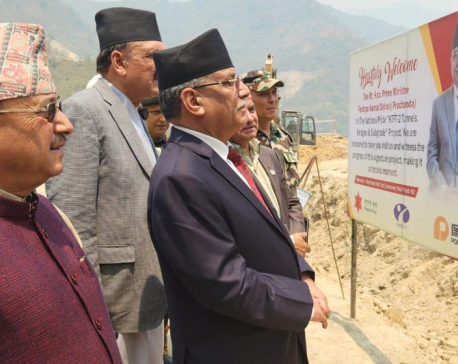
PM Dahal inspects Kathmandu-Terai fast track
KATHMANDU, April 18: Prime Minister Pushpa Kamal Dahal carried out an onsite visit of the under construction Kathmandu-Terai/Madhesh fast track... Read More...

Foreign ministry section officer Subba killed in accident in front of Singha Durbar
KATHMANDU, Nov 4: A section officer at the Ministry of Foreign Affairs (MoFA), Aastha Subba, died in a motorcycle accident... Read More...
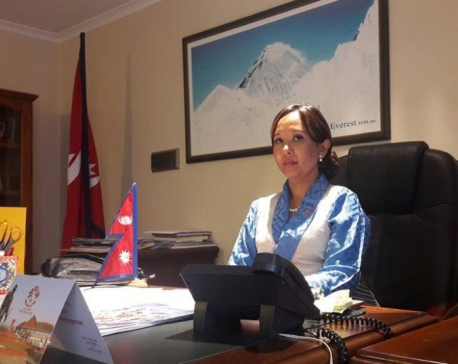
MoFA begins probe against envoy Sherpa
KATHMANDU, Dec 7: Ministry of Foreign Affairs (MoFA) has started internal investigation into the alleged involvement of Nepal's ambassador to... Read More...



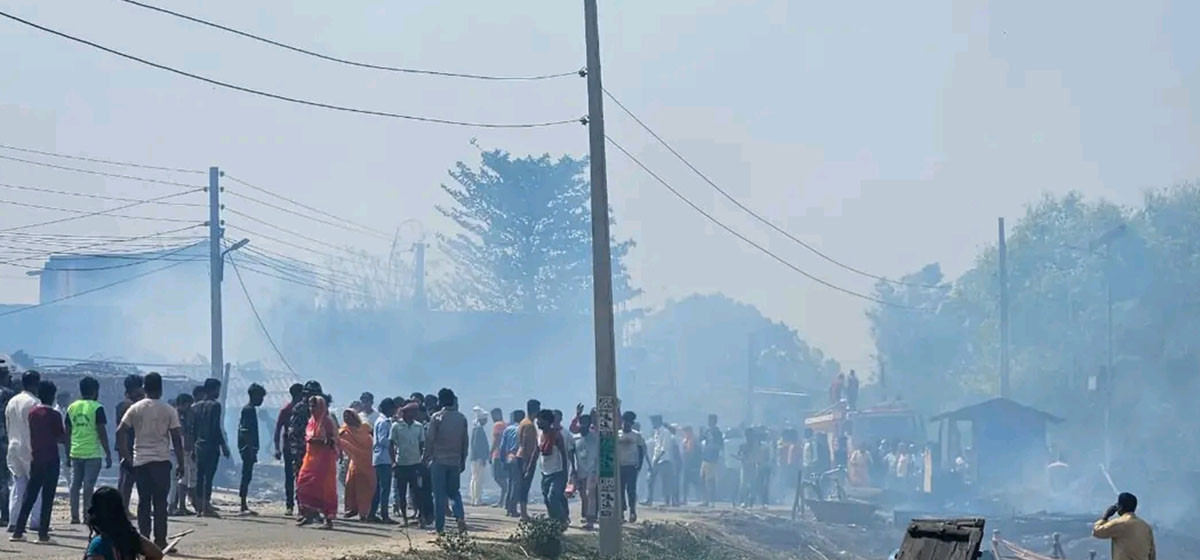


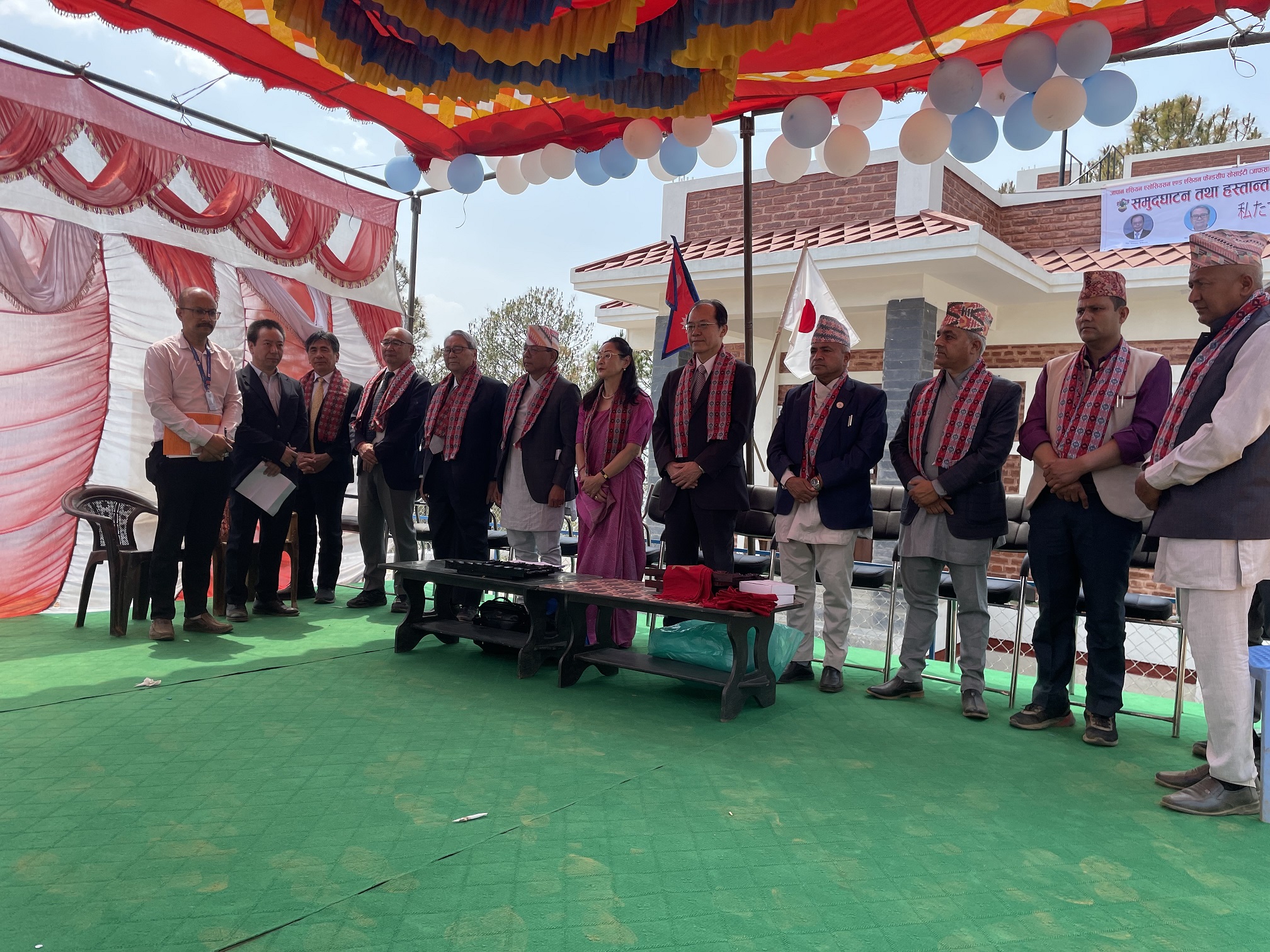
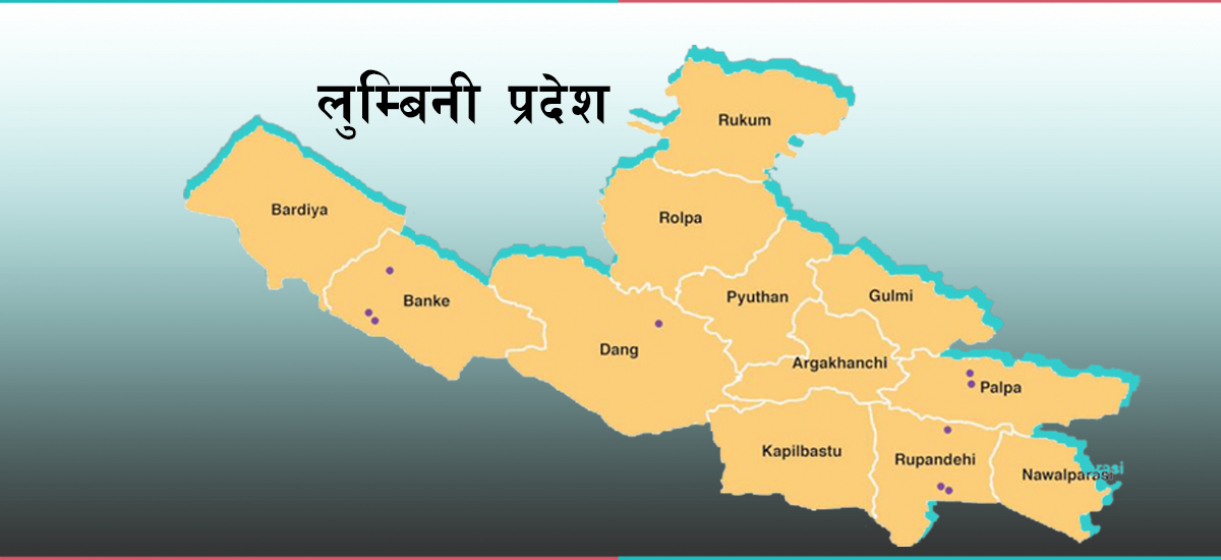
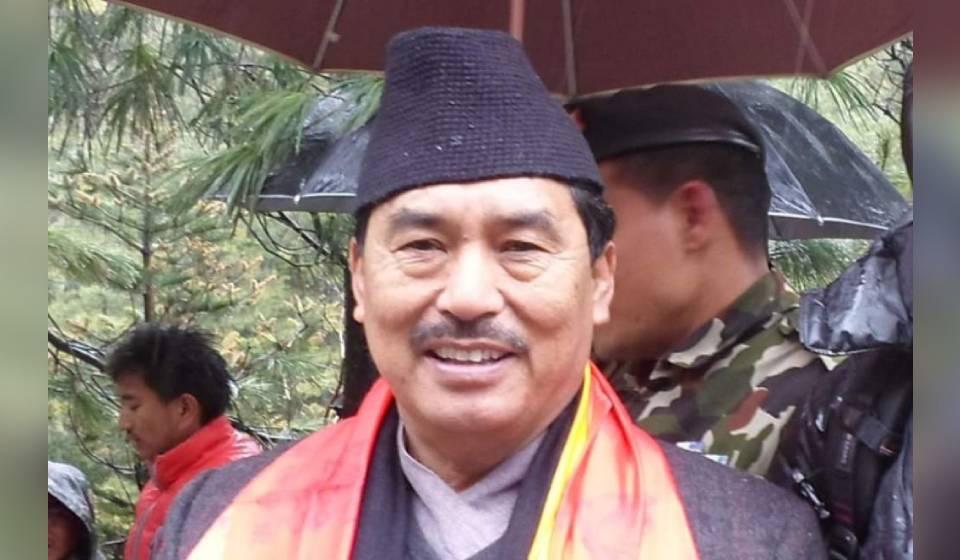

Just In
- Inferno destroys 70 houses in Mahottari
- Health ministry urges precaution against heatwave
- Jhapa road mishap update: Three deceased identified
- Japan hands over Community Center for Disaster Prevention to Indrawati Rural Municipality
- Lumbini: Seven ministers gain portfolios
- NC lawmaker Gurung’s suspension lifted
- Homicide accused arrested after 17 years
- Karnali: Maoist Center’s Pariyar appointed as minister without portfolio








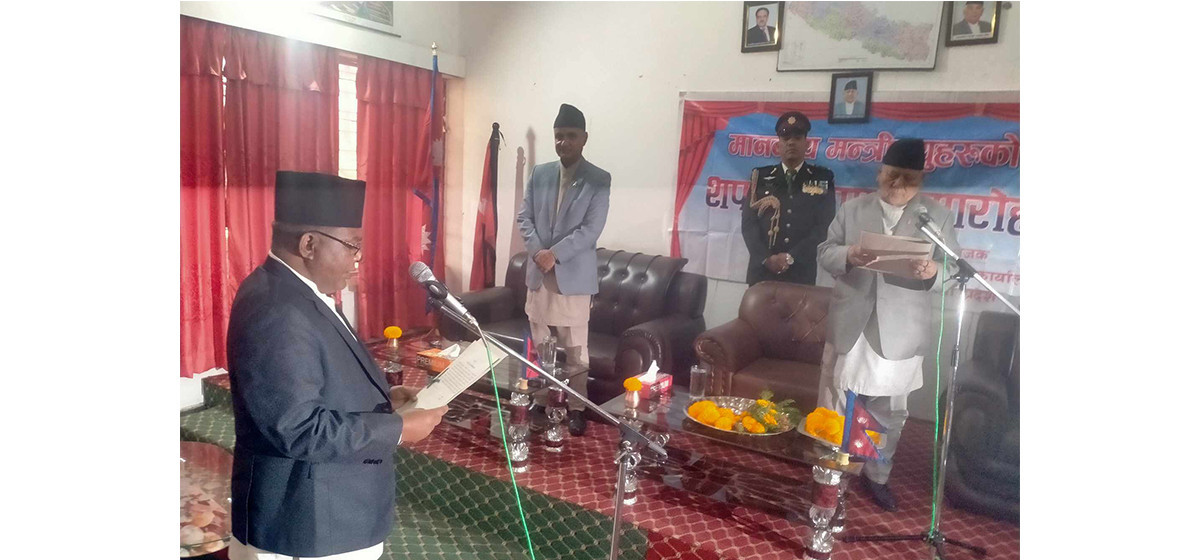
Leave A Comment